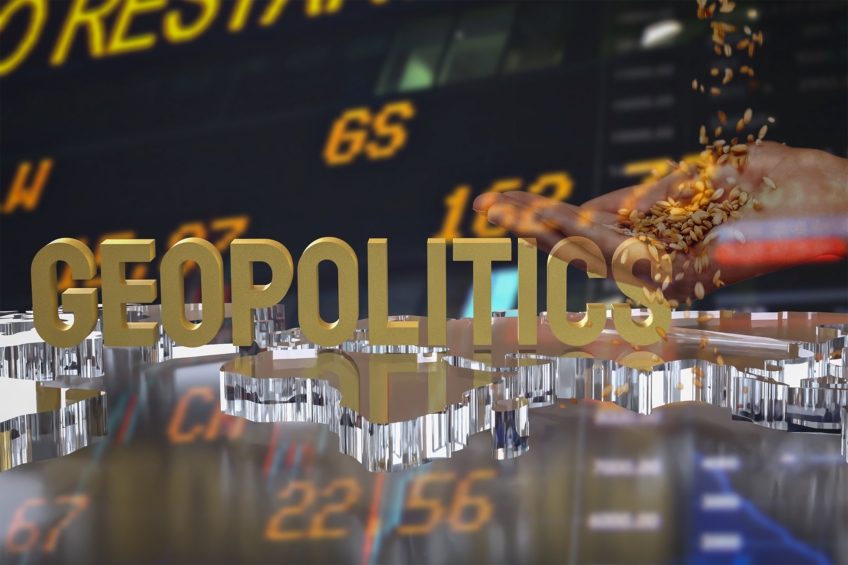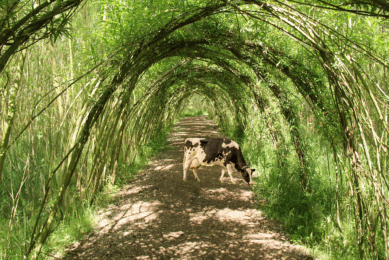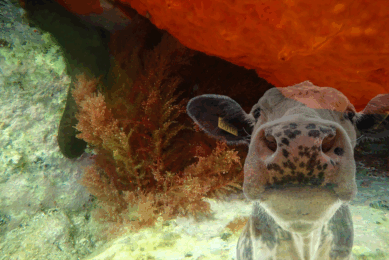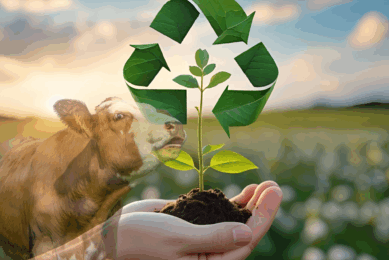Global politics shaping grain trade

Grain and other agricultural bulk commodities are part of a global trade network. And currently, it is mainly political developments that are setting the trend, this is according to Caroline Emmen, director of the Royal Association of the Committee of Grain Traders.
The tariff dilemma
The key question of the moment is: what will the new American President Donald Trump do with trade? Will there indeed be import tariffs for the American market? And will Europe and other trading partners of the United States do the same and impose tariffs on American products?
At the Committee of Grain Traders they are waiting anxiously. Although America is not the country where most agricultural raw materials for the European market come from, the country does play an important role in world trade.
Making market predictions is uncertain
Director Caroline Emmen: “It’s still a matter of waiting to see what happens. But no one wants unrest. The US is a dominant player in the field of corn and soy. We import a lot of corn from the United States to the Netherlands. A tariff imposed by the European Union could hit that corn.”
The international markets are strongly influenced by political developments. Trade policy and geopolitics in particular. This is not new: after the Russian invasion of Ukraine everything was completely confused. Compared to a few years ago, the markets have now become calmer. But now tensions are rising again due to Trump taking office.
When faced with new obstacles, the market always looks for new solutions, Emmen knows. Trade flows are shifting. If corn from the United States becomes more expensive, Ukrainian corn may be an alternative. Or another replacement product from another country. Emmen: “Ukraine is actually doing surprisingly well. Despite the war, their exports have hardly decreased, because safe routes for the ships were eventually found.”
Mercosur
And then there is the much-discussed Mercosur deal with South American countries. What will be the impact of this on the markets in Europe? Emmen: “In general, as a trade organisation we say: such a deal promotes trade. But it is difficult to estimate per component; some sectors have an advantage, others a disadvantage. Moreover, the European Commission’s political agreement must first be adopted by the Member States.”
In addition to trade and geopolitics, there is another area in which governments are making a strong impact. That is sustainability. In recent years, the European Union has adopted various sustainability laws that are busy with organisations such as the Committee of Grain Traders. These partly arise from the Green Deal. Such as the directive against deforestation, but also the crop protection products policy has an impact, as does the CSRD directive for transparency in the chain.
Deforestation Act
The deforestation law – intended to prevent deforestation in other countries for agricultural exports – was strongly criticised, but was nevertheless passed. The precise impact is not yet clear, according to Emmen. “It is now stated on paper what requirements must be met. It demands a lot from companies. They have to collect a huge amount of data about the products. The big question is now whether the data systems are capable of processing all the data. This year is a year of fine-tuning before it really starts next year.”
Everyone supports the objective of that guideline, according to Emmen. “But can you also achieve this with such a measure? That is still the question. For example, three quarters of Brazilian soy goes to China and they do not have that guideline there. This is a European regulation, set up with the idea: if no one does something, nothing will happen.”
The fact that separate product flows now have to be created means a disruption in the chain
Criticism is mainly directed at the method of input. “In retrospect, there should have been more dialogue with other countries. The trade always looks for efficiency. The fact that separate product flows now have to be created means a disruption in the chain. A complication. Anyway, it’s there now. We endorse the objective, but you can argue about whether it deserves the beauty prize.”
Grain traders have similar concerns about the European Union’s pesticide policy. Then it is about food safety. There are maximum standards for levels of residues of crop protection products in (imported) raw materials. An exception applies to products that can only be processed in the feed chain, the so-called Footnote 1 products. The producer may demonstrate by means of a calculation that a product is safe for the animal and the animal product despite an increased measured value. The use of Footnote 1 is now under discussion, to the dismay of grain traders.
Emmen: “If this exception disappears for these products, it could have major consequences for the availability of some raw materials, such as soy. Raw materials for which alternatives are not readily available.” And so there is currently a lot of lobbying in Brussels.











